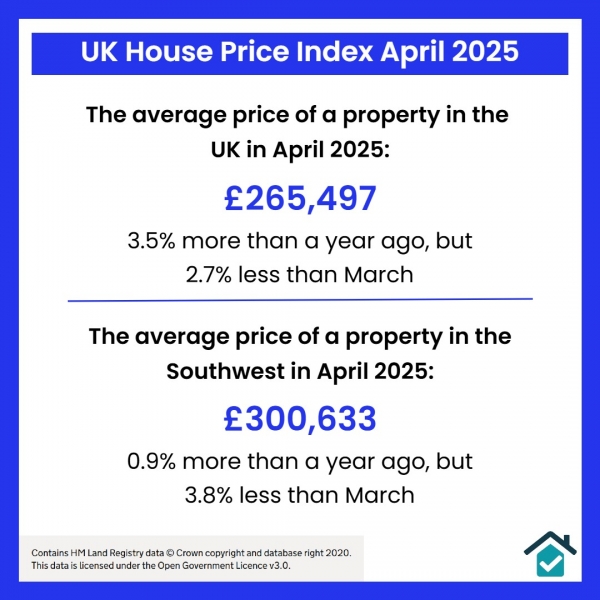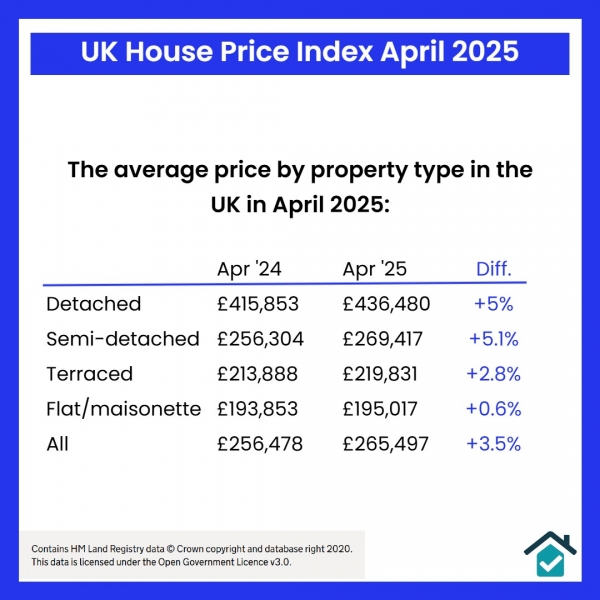A common misconception is that an estate agent will come and ‘value’ your home. In reality, the closest ‘valuation’ an estate agent can place on your home is an indication of where to ‘pitch’ it on the market. The decision of where to pitch it on the market is based on a number of contributing factors such as examining comparable properties in the area which have sold within the last year. Should you enter into a ‘seller’s’ market (where demand for property soars and the sellers can begin to call the shots), then it is entirely possible that you can afford to be a little more adventurous with the guide price.
A month into marketing your home, it is crucial that you take the time to meet your estate agent and discuss the reasons your home is not yet under offer. Your agent should come prepared with a list of viewings that have been conducted as well as feedback but – most importantly – notes on why people are not wishing to view your home. An estate agent might tell you that the couple who viewed your home felt that the living space was small. What this actually means is that the living space is small compared with other properties that they have seen at the same price. And whilst your home might be being marketed at £250,000 and this particular viewer was looking to buy a home at £250,000, the simple fact is: they don’t believe your home is worth £250,000 and they feel that they can get more for their money elsewhere. The harsh truth is that they may not be looking to ‘make an offer’; they have a budget of £250,000 and intend on spending this amount on a home which they feel fulfils all their requirements.
It’s fair to say, however, that this may be the opinion of just one viewer and the next couple to visit may find the living space ample and recognise all the other benefits of buying your home. But if two or three viewings are conducted by people who echo these feelings on the space and value for money, it’s time to re-asses with your estate agent. Viewers can have high expectations but it is also worth remembering that surveyors can be even more demanding: if your buyer requires a mortgage then a valuation survey will be required. The surveyors’ reports can be harsh and lead to down valuations. Sometimes a price reduction can address and pre-empt this problem ahead of the property going under offer.
Whilst it may feel defeatist to reduce your price, or you may even feel embarrassed about what your neighbours think, put these fears aside immediately. A serious buyer will recognise that you are a motivated seller who is seriously interested in selling your home. If you sit on the market at a higher price for too long, you risk people viewing your home as stale, potentially problematic and, probably worst of all, projecting an imagine of unwillingness to negotiate on price.
You may have concerns that should you drop your price then you will end up with a lower offer. This is a justifiable concern but your agent should be able to guide any prospective buyers that you’ve already reduced the price and therefore done your negotiations ahead of them offering.
The end game of any estate agent is to achieve you the highest price on your sale to facilitate your onward move or realise arguably your most valuable asset. This might mean beginning marketing with a slightly higher price than a ‘sell tomorrow’ figure and if you and your agent agree that you have covered every possible marketing angle already, take the plunge and implement that price reduction.






Share this with
Email
Facebook
Messenger
Twitter
Pinterest
LinkedIn
Copy this link